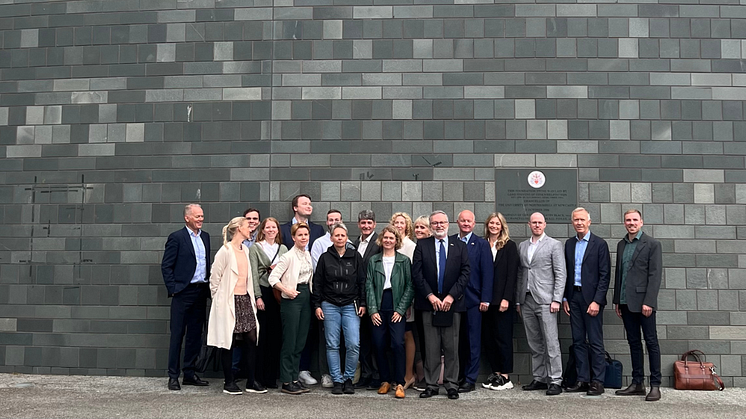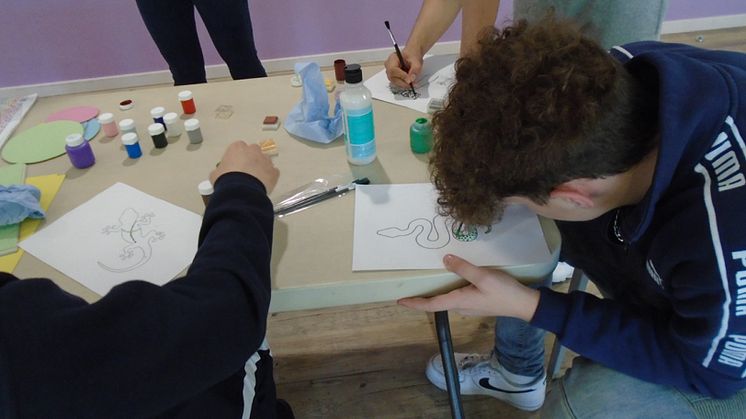
Press release -
Northumbria academic awarded funding to study criminal justice and policing after Brexit
Academics from Northumbria University, Newcastle, and Durham University have been awarded a prestigious Scottish Parliament Fellowship on Criminal Justice and Policing after Brexit.
Helena Farrand Carrapico, Professor of International Relations and European Politics at Northumbria, will collaborate with academic colleague Gemma Davies, Associate Professor in Law at Durham University. The project aims to understand the impact of the current legal and political Scottish- EU relationship on the Scottish criminal justice landscape. It will enable a better understanding of the way Brexit is impacting the day-to-day policing and judicial authorities’ work, as well as the safety of citizens.
Professor Farrand says agreement of the Trade and Cooperation Agreement (TCA) in December 2020 prevented the worst of the cliff edge consequences law enforcement and prosecuting authorities feared and had been preparing for since the triggering of Article 50 in March 2017.
She added: “Although the negotiation of the agreement took place in the context of tense UK-EU political relations, there are aspects of the TCA which demonstrate high levels of ambition – in relation to surrender/extradition, exchange of criminal records and access to vehicle registration, fingerprints and DNA data, and air passenger data exchange, for example. However, there are other areas where equivalence to pre-existing co-operation mechanisms has not continued, or has not been included at all, such as the Schengen Information System II - the most widely used and largest information sharing system for security and border management in Europe.
"Cooperation under the TCA is also fragile, as it is at risk from divergences in approach to data protection and human rights, and from future expansion of EU cooperation which could leave the UK behind. Furthermore, whilst criminal justice is devolved in Scotland, the reserved character of foreign policy has resulted in police and judicial cooperation with the EU being negotiated with very limited input from the Scottish Government. In addition, some criminal justice matters, such as extradition, are also still a matter reserved to the UK Government. Scottish issues can therefore be drowned out and there is not always a good level of understanding of the differences between the criminal justice systems and how aspects of criminal justice cooperation may impact Scotland. This impact is particularly felt, for example, when cooperating with small states that Scotland has little or no diplomatic relations with, such as Malta.
UNIVERSITY OF THE YEAR 2022 (Times Higher Education Awards)
Northumbria is a research-intensive university that unlocks potential for all, changing lives regionally, nationally and internationally. Find out more about us at www.northumbria.ac.uk
--- Please contact media.communications@northumbria.ac.uk with any media enquiries or interview requests ---









